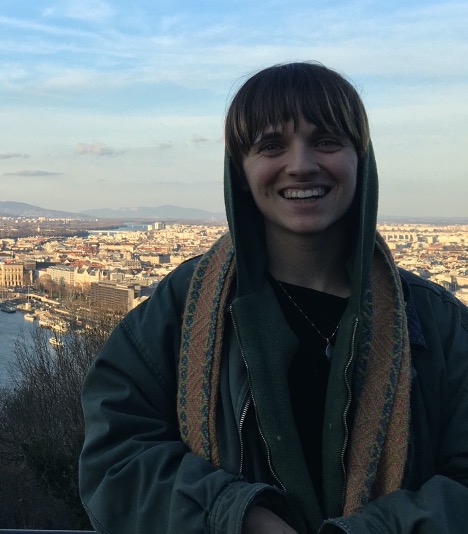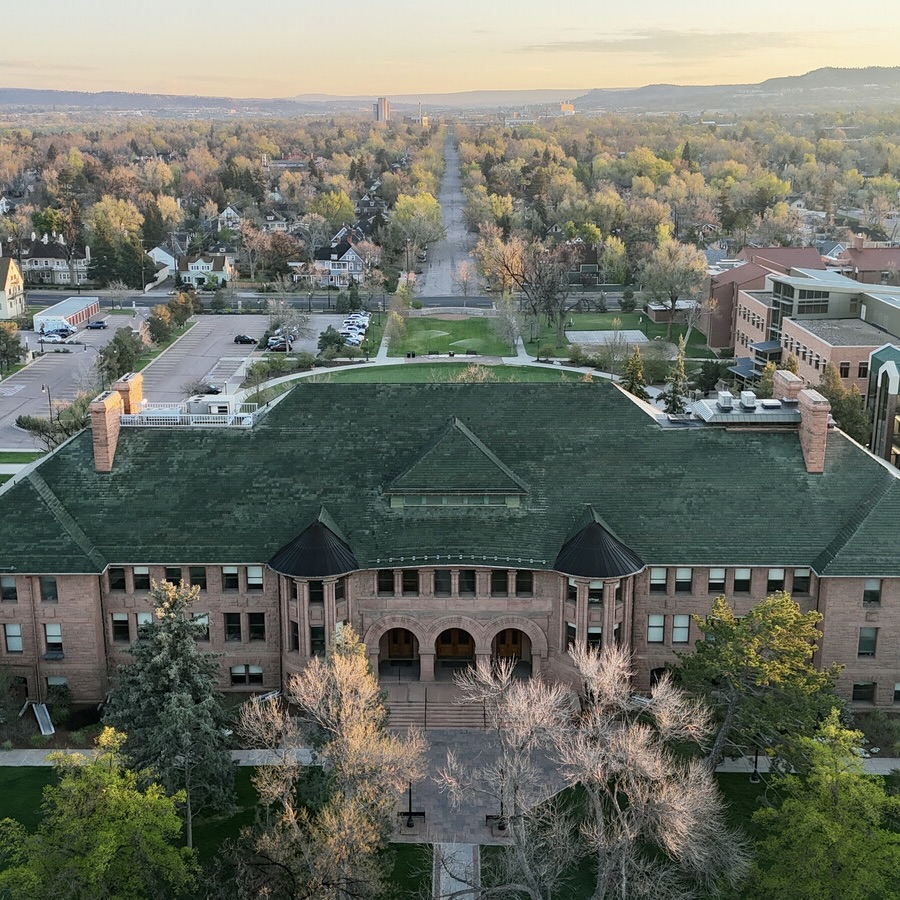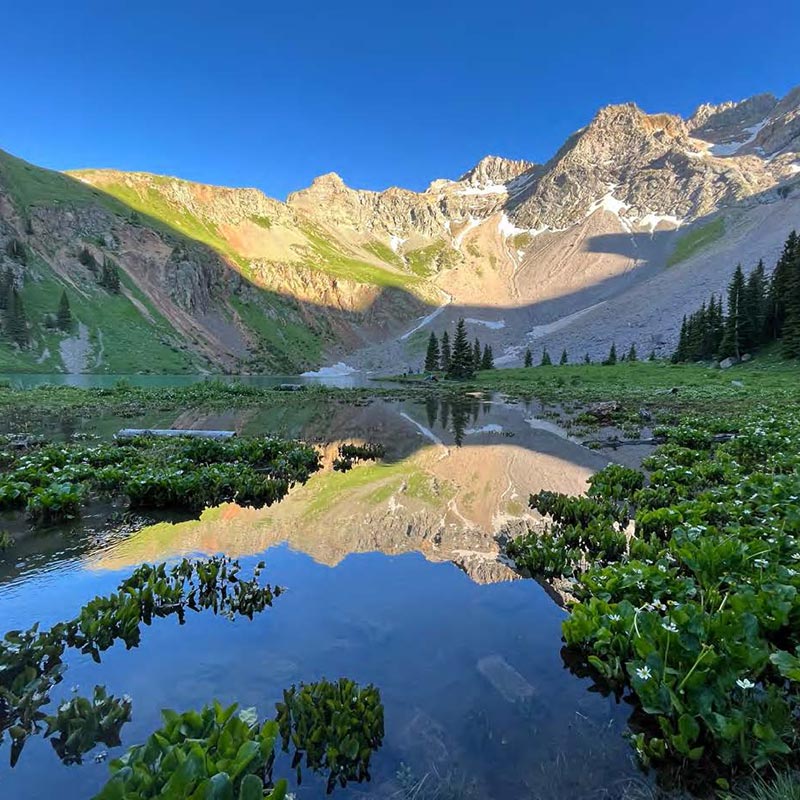Kate Barnes ‘19 hasn’t always seen science as her calling. Like many, she began her college career unsure of the path she would take.
But the 24-year-old, who around a month ago received word she’d received a grant from the Fulbright Program to study and research network science in Hungary, is more prepared than most.
“I've done research in a lot of varied fields,” Barnes said from her home in Portland, Oregon. “I'm interested in all sorts of things ... I like the process of scientific investigation.”
This won’t be the first time Barnes has been in Hungary to work. She first researched and studied network science in the nation’s capital in 2020 on a Colorado College study-abroad semester with Budapest University of Technology and Economics Professor Roland Molontay.
She described the field as a computer science methodology used to study complex, large-scale systems and applicable to many areas, including environmental systems, social networks, and even the human brain.
“Network science was actually developed by a Hungarian named [Albert-László] Barabási. And so it has a huge following in Hungary,” Barnes said. “There's definitely an academic community for network science there, and so that's part of the reason why I wanted to go back.
That research culminated in a 2021, meme-inspired paper titled “Dank or not? Analyzing and predicting the popularity of memes on Reddit.”
That topic, she said, was ripe for the plucking, especially during the height of the COVID-19 pandemic, when many were shuttered indoors and Redditors had plenty of free time to concoct new memes.
The model she helped develop, Barnes said, was 60-70% accurate in predicting memes’ popularity.
During this next go-around, she hopes to improve that by including social networking features found to be “disproportionately important to the model,” like the subreddits, creators, and timing of published memes.
“This reflects other research that shows that those social network features are most important to determining the visibility that content gets rather than the content-based features,” she said. “Which is a little bit sad, because you want to believe in the merit of the art, right?”
Barnes said she’s ready to finish the research she started.
“I'm really excited to be working with this professor again, and I know that network science has been something that I wanted to study for a long time,” she said. “Academically, I think it's definitely the next step that I’m wanting to take.”






